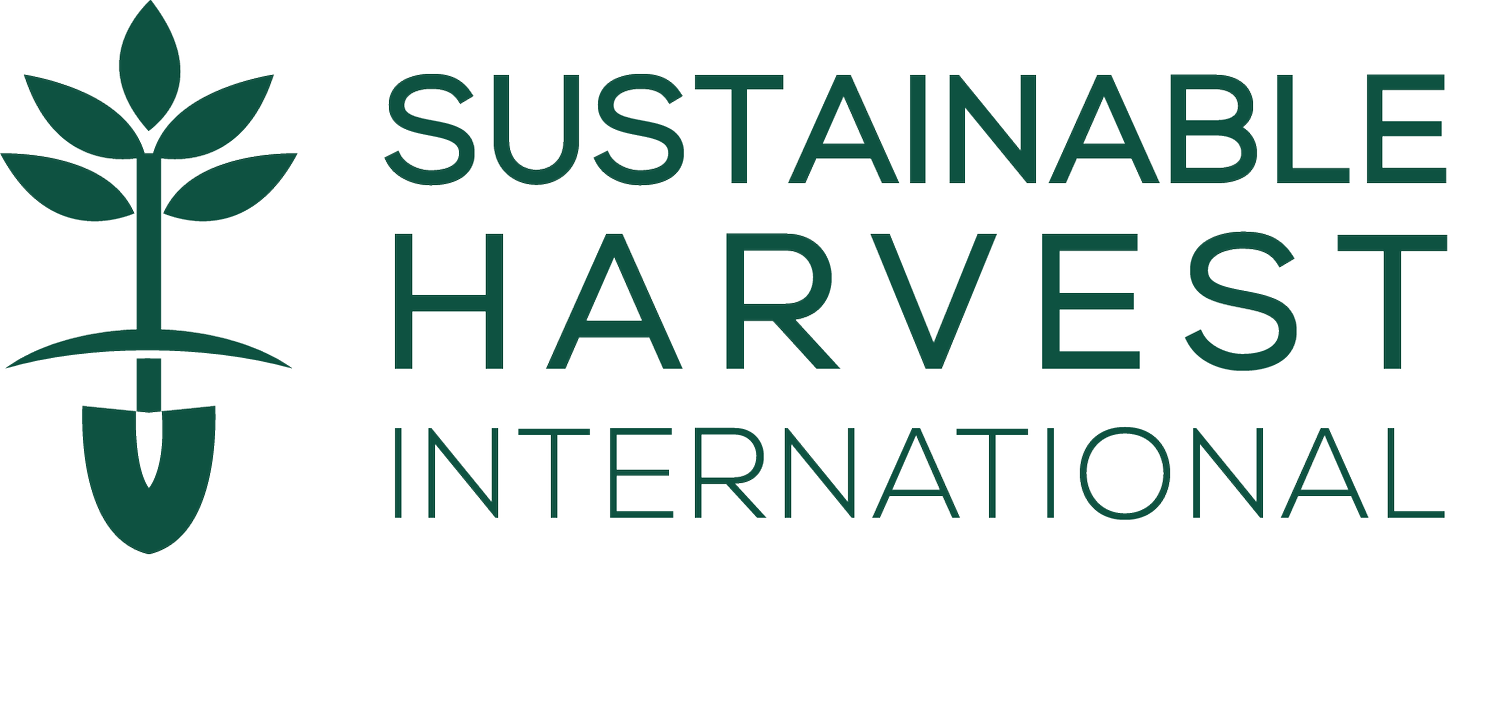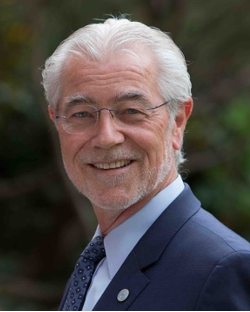
Hans R. Herren
Hans Herren’s main research and development interests and achievements are in holistic, integrated and sustainable development, with a focus on agriculture and food systems. He has managed agriculture and bio-science research organizations and is now active at the policy development level. He served as the President since May 2005 for the Millennium Institute USA, providing advanced system dynamics simulation tools and multi-stakeholder and inclusive approaches to SDG policy planning, monitoring and reporting. He served as the Chief Executive and Director General from 1994 – 2004 for the International Centre of Insect Physiology and Ecology (ICIPE) in Kenya where he introduced full circle research and development on the areas of human, animal, plant and environmental health. He also served as the Director of the Biological Control Program and Director of Plant Health Management Division from 1979 to 1994 at the International Institute of Tropical Agriculture (IITA) in Nigeria where he developed and implemented the largest and most successful biological control program against two major cassava pests, the cassava mealybug and cassava green spider mite, as well as other crop pests and aquatic weeds across 24 countries in Sub-Saharan Africa.
He served as Co-Chair of the International Assessment of Agricultural Knowledge, Science and Technology for Development (IAASTD) from 2003-2009. The assessment’s report series, comprising one global and five regional reports was published under the title of “Agriculture at a Crossroads” by Island Press in 2009. It was the seminal report, commissioned by 6 UN Agencies and the World Bank, that recommended the transformation of agriculture towards agroecology.
He coordinated and co-authored the Agriculture chapter of the UNEP Green Economy Report in 2011 and of the UNEP Report on the Ecological Bases of Food Security in 2012. He was also the Co-Editor of “Transformation of our food systems- the making of a paradigm shift,” published in 2020.
He served as the Founder and President of the Biovision Foundation for Ecological Development in Zurich.
Select Awards: World Food Prize 1995; Kilby Award for contribution to Society 1995; Tyler Prize for Environmental Achievement 2003; Right Livelihood Award (Alternative Nobel Prize) 2013: Foreign Associate in US National Academy of Sciences 1999; Member of the Third World Academy of Sciences 2005; Member of IPES-FOOD 2014-; Member of the IFOAM OI World Board 2017-; Member Club of Rome.
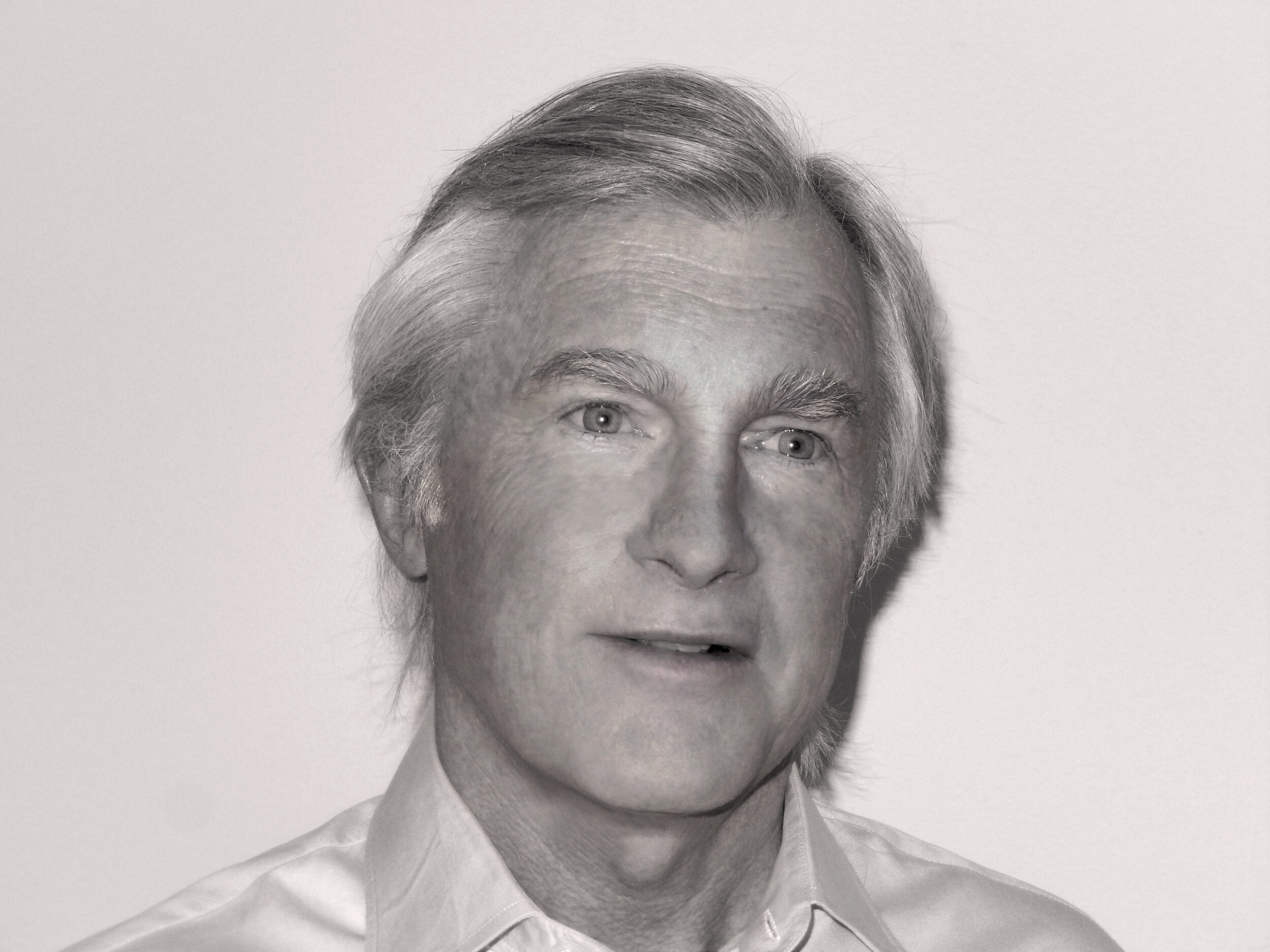
David Evans Shaw
A prominent US business and social entrepreneur with extensive global leadership experience in science-based companies, investment management, and social impact NGOs, David Shaw has helped build more than a dozen successful technology companies as a CEO or board member. These companies, employing more than 15,000 people worldwide, harness modern science to address important needs in healthcare and other markets. Early in his career, Shaw helped build a leading consulting firm in food and agriculture.
Shaw’s career has included extensive public service in science, arts, conservation, and public policy. He has served on the faculty of Harvard’s John F. Kennedy School of Government, and the advisory board of the Center for Public Leadership with interests in leadership, corporate governance and business social responsibility. He is a founding director of the US Olympic and Paralympic Museum, Chair Emeritus of The Jackson Laboratory and Treasurer Emeritus, trustee, and a Fellow of the American Association for the Advancement of Science. Shaw has been a global leader in science-based conservation of nature, both marine and terrestrial, as a trustee of the National Park Foundation during the US national park centennial, as founding chair of the Sargasso Sea Alliance and Aspen High Seas Initiative, as a Patron of Nature to the International Union for the Conservation of Nature, as a member of Ocean Elders, and as founder of Second Century Stewardship for America’s national parks.
Shaw was appointed by President Clinton to the executive committee of the US-Israel Science and Technology Commission. He has served on the board of Maine Medical Center, Hurricane Island Outward Bound, the scientific advisory board of Discovery Communications, the advisory board of Just Capital, as a Fellow of The Explorers Club, and as a member of the Council on Foreign Relations and the Leadership Council of the Service Year Alliance.
Shaw supports his advocacy interests with the production of short-form films, including a documentary on agroecology that features SHI’s team and partner farmers. In his book, “Wave Making: Inspired by Impact,” Shaw distills complex ideas about leadership, innovation, personal growth, and community-building into clear principles that can be applied to a variety of situations, inspiring the reader to take their own steps toward change.

Roland Bunch
Roland Bunch, PhD is one of the most well-respected leaders in regenerative land management, both in terms of food security and for addressing ecological degradation and climate disruption. He has worked as a consultant in sustainable agricultural development for over 40 NGOs and governments in 50 nations, including Cornell University, the Ford Foundation, Oxfam America, Save the Children, CARE, and the governments of Guatemala, Honduras, Swaziland, Laos and Vietnam. He is the author of four books. His second book “Two Ears of Corn, A Guide to People-Centered Agricultural Improvement”, has been published in ten languages and is one of the all-time best-sellers on agricultural development programs in developing nations. He is a founder of COSECHA, a Honduran NGO that has had a major impact on rural development throughout Central America and is now led by Katty Sanchez. Since 2010 he has been working in Africa on green manure/cover crops, and recently established an NGO, Better Soils, Better Lives, whose goal is to work with a coalition of other NGOs to end hunger among 70% of sub-Saharan Africa's rural population within the next 25 years.
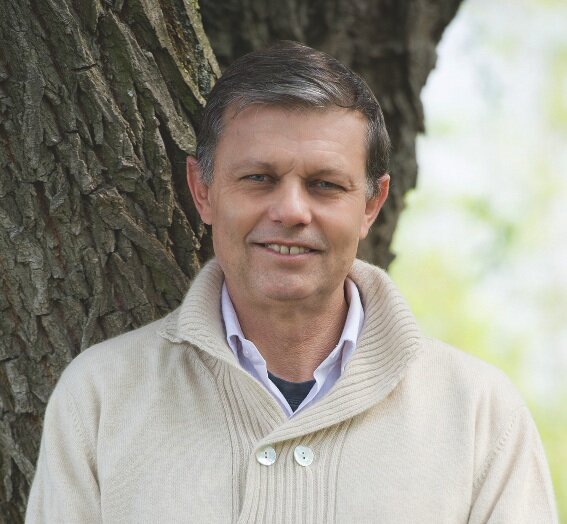
Andre Leu
Andre Leu is the author of The Myths of Safe Pesticides and the President of IFOAM - Organics International.
Andre has over 40 years of experience in all areas of Organic Agriculture, from growing, pest-control, weed management, marketing and post-harvest transport to grower organizations, developing new crops and education - not only in his home country Australia, but across Asia, Europe, the Americas, and Africa.
He has written and published extensively in magazines, newspapers, journals, conference proceedings, and newsletters in print and online on many areas of Organic Agriculture including climate change, the environment, and the health benefits of organic agronomy. He was recently invited by the FAO to present research findings from the organic movement at a high-level “Science Fair for a Safer Tomorrow.”
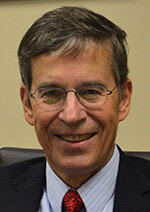
Johannes F. Linn
Johannes F. Linn is a Non-resident Senior Fellow at the Brookings Institution, a Distinguished Resident Scholar at the Emerging Markets Forum in Washington, D.C., a Senior Fellow at the Results for Development Institute and a Senior Fellow at the International Initiative for Impact Evaluation (3ie). He worked for three decades at the World Bank, including as the Bank’s Vice President for Europe and Central Asia. Recently, he served as Global Facilitator for the 1st Replenishment of the Green Climate Fund and as Chair of three IFAD replenishments. He has published extensively on development issues, including Getting to Scale: How to Bring Development Solutions to Millions of Poor People (Brookings Press 2013). He holds a doctorate in economics from Cornell University.





